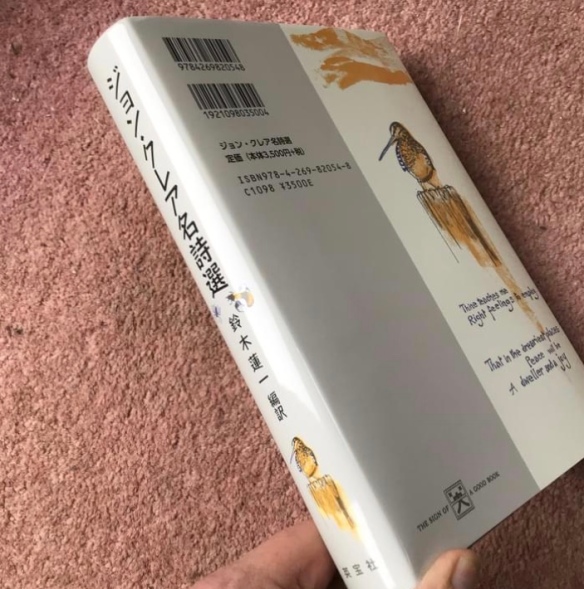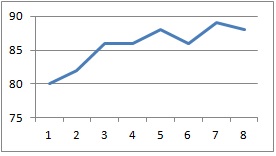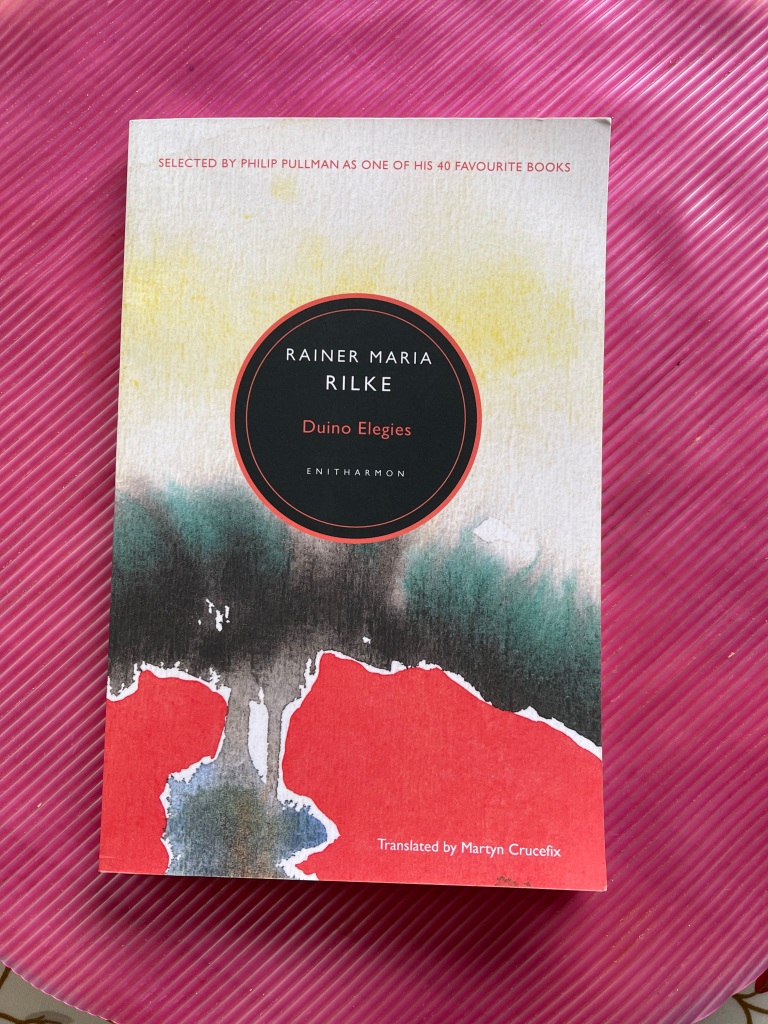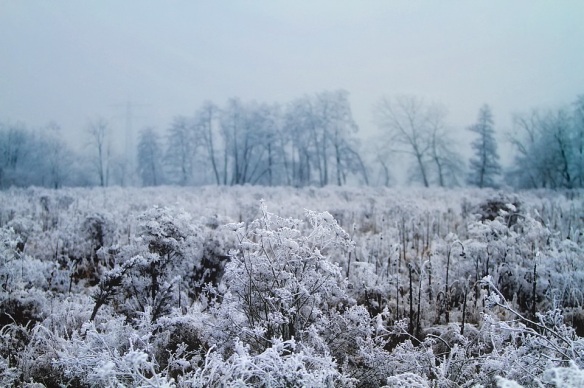Selections from the Poetical Works
of
Algernon Charles Swinburne
Pub. Chatto & Windus, 3rd edition, 1889
 1837 -1909
1837 -1909
Well, this is no review of the book, more brief comment on the poetry it contains, this particular book being 125 years old and o.p.
I have to admit it being my first rush into his writings and as the collection is so old I almost hope there must be many other poems, short or long that create a better overall impression.
There is no named editor for the selection so maybe from the most popular of the day or Swinburne’s own choice, maybe his friend Theodore Watts. From the work here you would assume that his favourite pastime was living on the coast and spending much time collating verbs, adverbs and adjectives that would slide gratefully into seemingly endless ABAB; blank versed and sea-soaked with a bit of limited descriptive nature thrown in, poetry. I like Tennyson, Chaucer and Milton and rolling description etc. but I fear, for me, Swinburne has over-egged a rather samey pudding. I must admit that I partially exaggerate (?) as the ballad formats do work but then I get overwhelmed by the existence of just so much.
Full marks for maintaining levels of rhythm and rhyme that would trip all but the best. However, a reader of today ( well, me) would be thankful for greater variation in subjects and formats and perhaps a little lightness of touch in a few poems. Comments are based on this, limited, content. I am aware that he was part of the pre-raphaelite movement and wrote large amounts over many years and covered/experimented with different poetical genres. He was extremely successful in his early years of writing, having public acclaim and disapproval in equal measure for pushing the subjective boundaries of the day. I get the impression that he liked long poems, alliteration, repetition and verbiage, death and the darker elements of love. Large quantities of which seem to both over-egg and dissipate the basic themes or direction of most of his poems despite great skill with words that facilitated his rhyming. Below are a couple of his shorter poems that benefit (in my eyes) from being more succinct. His later poetry could be considered calmer but maybe missing the sheer exuberance (desperation?) of his Ballads and early work.
Scattered throughout his poetry are some fine lines and ideas but for me they are lost in excess. I am not sure whether I can’t see the wood for the trees or I am trapped in a thicket and can’t escape! Swinburne surely wrote for effect, maybe to shock, and was talented in that respect but from this selected collection his themes are limited. If we knew the selector of the verses we might have a partial answer. His earlier verses produced public outrage, this collection has nothing dated so no clue gained there.
Some 39 poems (including several chunky extracts from his epics) and I found few that stood out as memorable for me. I liked the idea behind ‘The Sunbows‘ but got, well, disinterested, I suppose, by the time I got to the end. My failure may be as a ‘modern’ reader who has spent too much time on more concise poems, but I am not wholly convinced by that thought. I suppose I should find a recently selected collection rather than one that is one hundred and twenty five years old. However I read it in hope rather than expectation of finding much to savour.
I did quite like ‘A Forsaken Garden‘ and also ‘A Child’s Laughter‘ but they were a respite to the length of most others. One or two ‘Cradle Songs‘ nearly got there but the stand-alone poem was ‘Iseult at Tintagel‘ (from Tristram of Lyonesse) which I found very interesting in subject and handling though still suffering from Swinburne’s usual overflow. Maybe I have just forgotten how to read and appreciate Ballads and Epic poetry.
I have found some shorter Swinburne poems that I prefer. He was fond of ‘Rondel’, a form he took from the French and a sample is shown below. The few I have found I like more. If you look at his poetry more widely he did break ‘new ground’ in content for the period and suffered disapproval in many quarters for it. Swinburne was part of the pre-raphaelite movement and maybe Christina Rosetti might be a stand-in for a muse (?) but skimming over his life offers only more questions and I don’t feel inclined to search out any serious biographies, sorry! He has gained more respect again in recent years as his subjects suffer less criticism. Appreciation of his metrical innovation has been noted, perhaps despite his facility for excess and using old, excessively coloured wrappers! But this specific collection has not gained me as a friend or regular reader. I will have to take the advice of others before I venture much further with Algernon Charles Swinburne.
The other side of my coin might be that I am just feeling too old to read many epics or ballads of epic length when there is a welter of other poetry in various formats out there, neglected or otherwise.
0h What’s that? Kid in a candy store? Yes, I have dipped in this bag and found it not really to my liking so will have to try another dip. See also Useful links Tag
A Forsaken Garden
In a coign of the cliff between lowland and highland,
At the sea-down’s edge between windward and lee,
Walled round with rocks as an inland island,
The ghost of a garden fronts the sea.
A girdle of brushwood and thorn encloses
The steep square slope of the blossomless bed
Where the weeds that grew green from the graves of its roses
Now lie dead.
The fields fall southward, abrupt and broken,
To the low last edge of the long lone land.
If a step should sound or a word be spoken,
Would a ghost not rise at the strange guest’s hand?
So long have the grey bare walks lain guestless,
Through branches and briars if a man make way,
He shall find no life but the sea-wind’s, restless
Night and day.
The dense hard passage is blind and stifled
That crawls by a track none turn to climb
To the strait waste place that the years have rifled
Of all but the thorns that are touched not of time.
The thorns he spares when the rose is taken;
The rocks are left when he wastes the plain.
The wind that wanders, the weeds wind-shaken,
These remain.
Not a flower to be pressed of the foot that falls not;
As the heart of a dead man the seed-plots are dry;
From the thicket of thorns whence the nightingale calls not,
Could she call, there were never a rose to reply.
Over the meadows that blossom and wither
Rings but the note of a sea-bird’s song;
Only the sun and the rain come hither
All year long.
The sun burns sere and the rain dishevels
One gaunt bleak blossom of scentless breath.
Only the wind here hovers and revels
In a round where life seems barren as death.
Here there was laughing of old, there was weeping,
Haply, of lovers none ever will know,
Whose eyes went seaward a hundred sleeping
Years ago.
Heart handfast in heart as they stood, “Look thither,”
Did he whisper? “look forth from the flowers to the sea;
For the foam-flowers endure when the rose-blossoms wither,
And men that love lightly may die—but we?”
And the same wind sang and the same waves whitened,
And or ever the garden’s last petals were shed,
In the lips that had whispered, the eyes that had lightened,
Love was dead.
Or they loved their life through, and then went whither?
And were one to the endÑbut what end who knows?
Love deep as the sea as a rose must wither,
As the rose-red seaweed that mocks the rose.
Shall the dead take thought for the dead to love them ?
What love was ever as deep as a grave ?
They are loveless now as the grass above them
Or the wave.
All are at one now, roses and lovers,
Not known of the cliffs and the fields and the sea.
Not a breath of the time that has been hovers
In the air now soft with a summer to be.
Not a breath shall there sweeten the seasons hereafter
Of the flowers or the lovers that laugh now or weep,
When as they that are free now of weeping and laughter
We shall sleep.
Here death may deal not again for ever;
Here change may come not till all change end.
From the graves they have made they shall rise up never,
Who have left nought living to ravage and rend.
Earth, stones, and thorns of the wild ground growing,
While the sun and the rain live, these shall be;
Till a last wind’s breath upon all these blowing
Roll the sea.
Till the slow sea rise and the sheer cliff crumble,
Till terrace and meadow the deep gulfs drink,
Till the strength of the waves of the high tides humble
The fields that lessen, the rocks that shrink,
Here now in his triumph where all things falter,
Stretched out on the spoils that his own hand spread,
As a god self-slain on his own strange altar,
Death lies dead.
RONDEL
These many years since we began to be,
What have the gods done with us? what with me,
What with my love? they have shown me fates and fears,
Harsh springs, and fountains bitterer than the sea,
Grief a fixed star, and joy a vane that veers,
These many years.
With her, my love, with her have they done well?
But who shall answer for her? who shall tell
Sweet things or sad, such things as no man hears?
May no tears fall, if no tears ever fell,
From eyes more dear to me than starriest spheres
These many years!
But if tears ever touched, for any grief,
Those eyelids folded like a white-rose leaf,
Deep double shells wherethrough the eye-flower peers,
Let them weep once more only, sweet and brief,
Brief tears and bright, for one who gave her tears
These many years.







